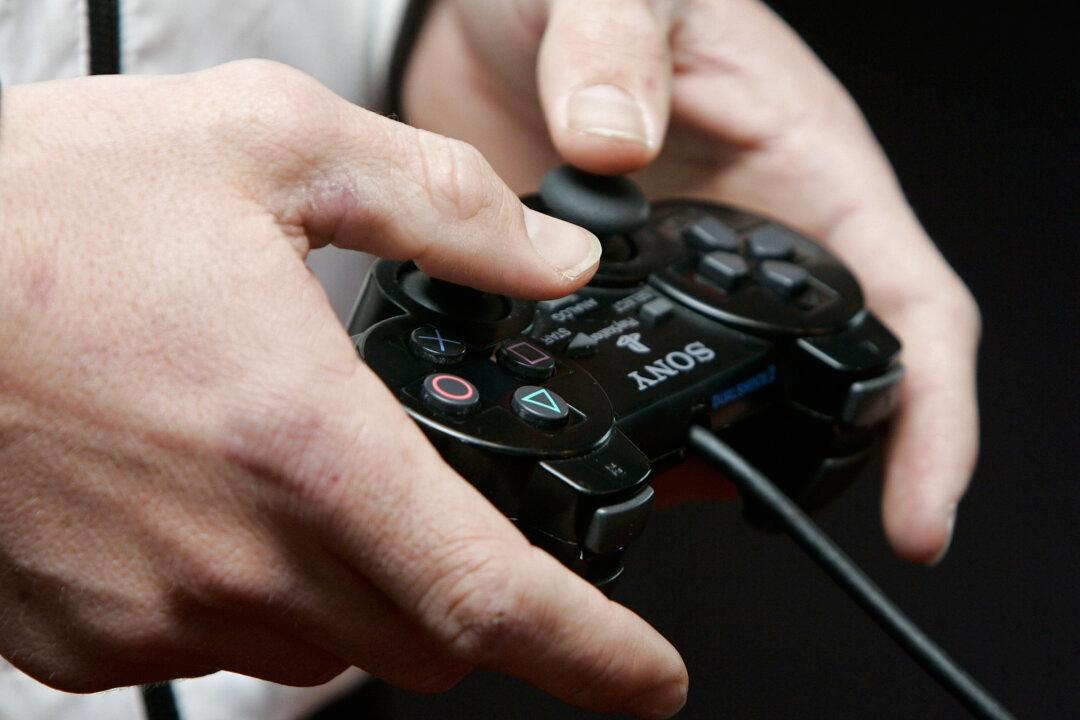A mother has been filmed feeding her 13-year-old son by hand as he refuses to lift his fingers from the keyboard during a 48-hour gaming session at an internet cafe.
The boy’s eyes don’t shift from the screen as his mother shoves pieces of food in to his mouth, saying, “My poor child... Here, eat now.” Instead, he becomes agitated, worried that she may disrupt his gaming.





